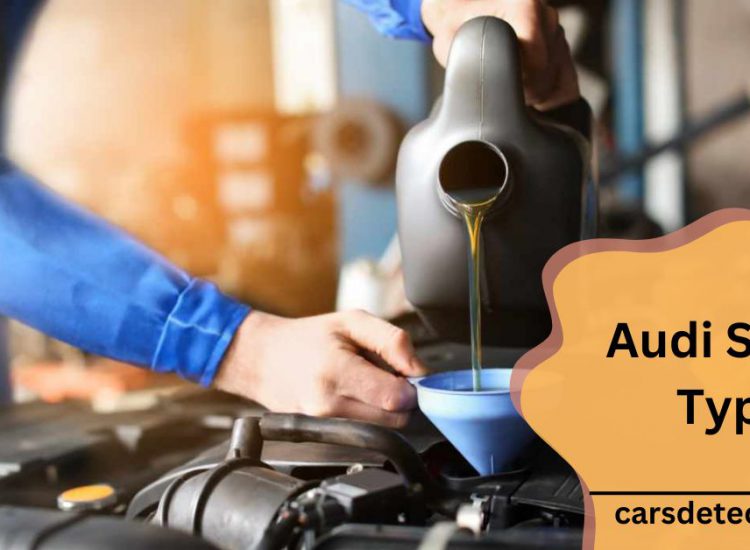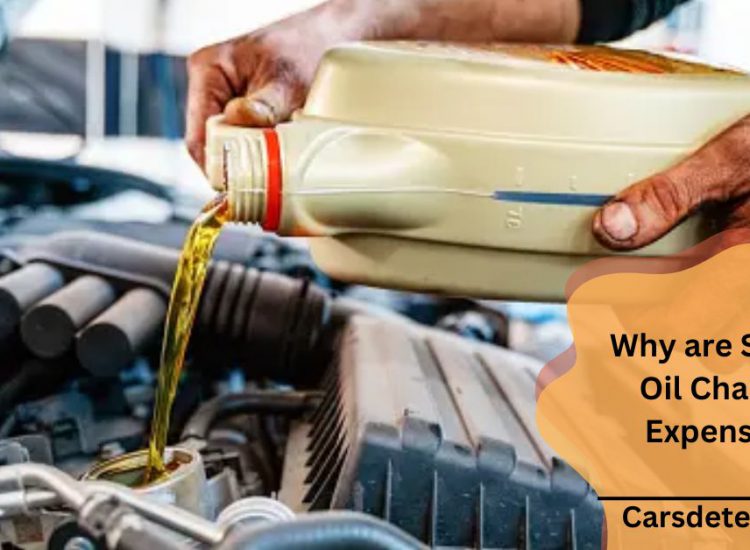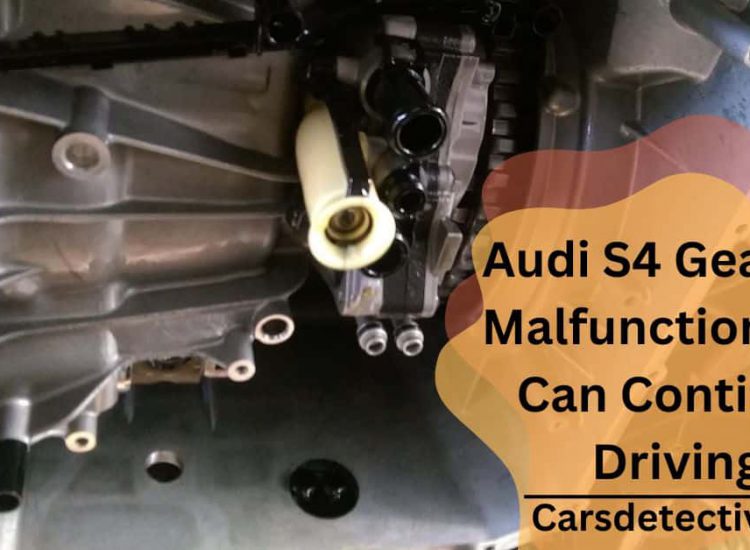The Audi A6 typically requires premium unleaded gasoline with an octane rating of 91 or higher for optimal performance. Always consult the owner’s manual for accurate fuel specifications.
Toc
- 1. Is Premium Gas Necessary for Audis?
- 2. Understanding Octane and Its Impact on Engine Performance:
- 3. Distinguishing Premium from Regular Fuel – Elevate efficiency!
- 4. Choosing Premium Gas for Your Audi – Advantages Beyond Mandatory Recommendations!
- 5. Recommended Gas Types for the Audi A6
- 6. Frequently Asked Questions:
- 7. Conclusion:
Additionally, using the correct fuel type can contribute to fuel efficiency and help prevent engine issues. Always check the fuel door or cap for specific instructions or details regarding the gas type and octane rating suitable for your Audi A6.
Seeking advice on optimizing Audi A6 performance? Connect with fellow enthusiasts!
Is Premium Gas Necessary for Audis?
A common query among Audi owners is whether premium gas is essential for their vehicles. The answer largely depends on the specific Audi model and its engine specifications. While many Audi models recommend or require premium unleaded gasoline for optimal performance, some may tolerate lower octane ratings.
Determining Your Audi’s Requirement:
To ascertain whether your Audi requires premium gas, consult the owner’s manual. This resource provides precise information on the recommended fuel type and octane rating. Following these guidelines ensures your Audi operates efficiently and maintains its intended performance.
Benefits of Premium Gas:
Audi engines designed for premium gas often benefit from higher octane levels, preventing knocking and promoting smoother combustion. This, in turn, can contribute to enhanced fuel efficiency and overall engine longevity.

Considerations for Lower Octane Ratings:
While some Audi models may tolerate regular unleaded gasoline, using premium fuel is still advisable. Lower octane fuels lead to decreased performance, reduced fuel efficiency, and potential engine knocking. Opting for premium gas aligns with Audi’s performance-oriented design.
Read Also: How Many Miles Do Audi Q5 Last – Revitalize your journey!
Understanding Octane and Its Impact on Engine Performance:
One must comprehend its role in engine combustion to grasp octane’s significance. Higher-octane gas exhibits more excellent resistance to compression, reducing the likelihood of premature detonation and engine combustion at the wrong time. While occasional detonation may occur without harm, persistent instances can lead to engine damage.

The octane rating serves as a gauge for a gasoline’s resistance to “knocking” during combustion. This knocking results from fuel detonating prematurely inside the engine. In the United States, unleaded gas octane ratings range from:
- Regular grade unleaded: 87
- Midgrade unleaded: between 88 and 90
- Premium unleaded: between 91 and 94
Though premium gas carries an octane rating between 91 and 94, 93 is commonly found at gas stations. The rating is prominently displayed near pump handles for easy identification.
In essence, a higher octane rating reduces the risk of pre-ignition or knock under high pressure.
This is crucial for high-compression engines, commonly found in performance cars. Higher octane fuel can enhance fuel efficiency, support engine performance, promote complete and efficient combustion, and reduce emissions.
Read Also: Can Volkswagen Service Audi – Schedule your service with us at Volkswagen now!
Distinguishing Premium from Regular Fuel – Elevate efficiency!
The primary distinction between premium and regular fuel lies in their octane ratings, which measure a fuel’s resistance to premature combustion or knocking in an engine. Premium fuel typically boasts a higher octane rating than regular fuel, offering improved performance benefits for specific engines.
Premium gasoline, with octane ratings ranging from 91 to 94, is designed for high-performance or high-compression engines. These engines often demand the extra resistance to knocking provided by higher octane levels. Premium fuel can enhance fuel efficiency, support engine performance, and contribute to more complete combustion, reducing emissions.

On the other hand, regular gasoline, with octane ratings typically around 87, suits the needs of standard engines found in most everyday vehicles. While it meets the requirements for these engines, using regular fuel in a high-performance engine may lead to knocking, reduced efficiency, and potential long-term damage.
Choosing between premium and regular fuel depends on your vehicle’s specifications. Consult the owner’s manual for the manufacturer’s recommended octane rating. While premium fuel benefits specific engines, using it in a vehicle designed for regular fuel may yield insignificant advantages and result in unnecessary expenses. Understanding your vehicle’s requirements ensures optimal performance and efficiency.
Choosing Premium Gas for Your Audi – Advantages Beyond Mandatory Recommendations!
Enhanced Engine Performance:
Elevate your Audi’s performance by opting for premium gas, unlocking smoother combustion, and improving acceleration and responsiveness.

Safeguarding Engine Longevity:
Prioritize the longevity of your Audi’s engine with premium gas, which offers superior resistance to knocking, protecting against potential damage and ensuring a more durable performance over time.
Potential Fuel Efficiency Boost:
Explore the potential for increased fuel efficiency using premium gas in your Audi. While not obligatory, certain models may benefit from the advanced combustion properties of higher octane fuel.
Read Also: Is Audi Connect Worth It? – A Comprehensive Visual Guide!
Optimized Combustion Properties:
Premium gas provides optimized combustion properties, offering cleaner and more efficient burning, which can positively impact engine health and overall efficiency.

Tailoring Fuel to Your Audi’s Needs:
Tailor your fuel choice to the specific needs of your Audi, even when premium gas is not mandated. Consulting your owner’s manual and understanding your model’s requirements ensures a well-informed decision for an enhanced driving experience.
Recommended Gas Types for the Audi A6
The Audi A6 is designed to run on premium gasoline to deliver the best performance and fuel efficiency. It is recommended to use 91 octane or higher gasoline for the Audi A6 in order to achieve optimal results. Regular gasoline with lower octane ratings may lead to decreased performance and fuel economy, as well as potential engine knocking.
In some cases, certain Audi A6 models may be able to run on mid-grade gasoline, such as 89 octane, but it is always best to refer to your owner’s manual or consult with a professional to determine the most suitable gas type for your specific vehicle.
Frequently Asked Questions:
Do all Audis require premium gas?
While some models recommend it, not all Audis necessitate premium gas. Check your owner’s manual for specifications.
What happens if I use regular gas in my Audi that recommends premium?
It may lead to reduced performance and fuel efficiency. For optimal results, follow the recommended fuel type.
Can I mix premium and regular gas in my Audi?
It’s generally not recommended, as it can affect combustion and performance. Stick to the recommended fuel type.
Conclusion:
In conclusion,
Standard unleaded gasoline with an octane rating of 91 or higher is usually sufficient for the Audi A6 to operate at its best. The owner’s manual is the best source of precise fuel specifications.


















